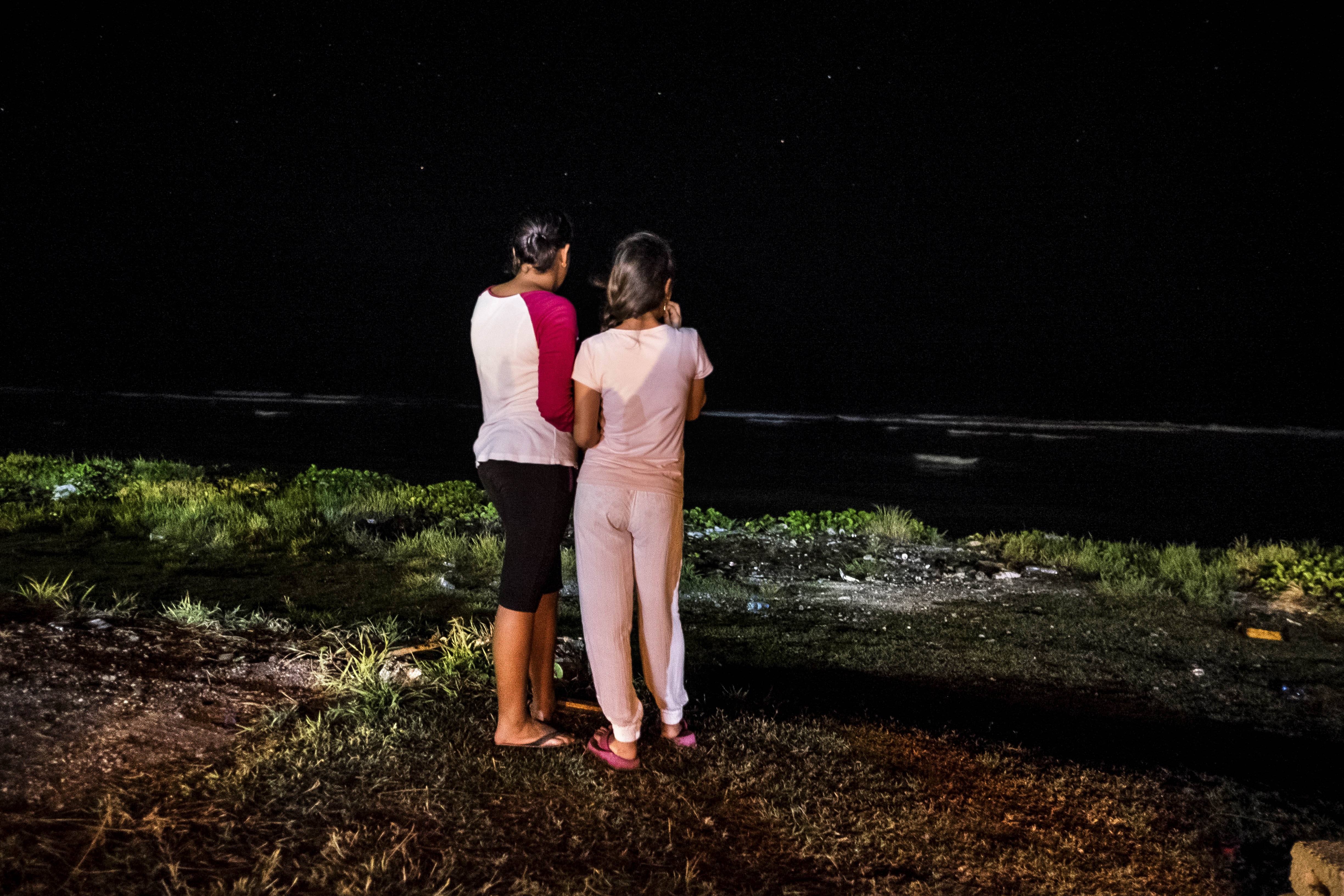Australia's "Pacific Solution" draws to a close
Australia's "Pacific Solution" draws to a close

CANBERRA, Australia, February 11 (UNHCR) - One of the most controversial chapters in Australia's treatment of asylum seekers and refugees drew to a close this month, when 21 Sri Lankan refugees were removed from the tiny South Pacific island nation of Nauru and taken to live in Australia.
The Sri Lankans were the last refugees left on Nauru and their relocation last Friday signals the end of a deterrence policy dubbed the "Pacific Solution," under which 1,637 asylum seekers were diverted by Australian authorities to Nauru, or Manus Island in Papua New Guinea, to have their refugee claims processed.
The policy was introduced in 2001 to deny asylum seekers access to Australian territory to lodge their claims. The then government led by Prime Minister John Howard adopted the Pacific Solution after Australia refused to allow a Norwegian freighter, the MV Tampa, to enter Australian waters to disembark 433 mainly Afghan boat people rescued at sea.
"Many bona fide refugees caught by the policy spent long periods of isolation, mental hardship, uncertainty and prolonged separation from their families," Richard Towle, UNHCR's Canberra-based regional representative, said.
"The prompt decision by the new government [of Prime Minister Kevin Rudd] to close the Nauru centre and bring the refugees to Australia is very welcome and shows Australia as a humane society in keeping with its international obligations," Towle added.
The last 21 refugees left Nauru on Friday morning and will be settled in the Australian cities of Adelaide, Cairns, Melbourne, Perth and Sydney. They were among a group of 83 Sri Lankan boat people intercepted on their way to Australia a year ago and later taken to Nauru. The other Sri Lankans were moved to Australia in recent weeks.
With the end of the Pacific Solution, current Australian policy is to process so-called unauthorized asylum seekers - those who arrive without a visa and usually by boat - on Christmas Island, located off Western Australia.
Christmas Island is one of the islands excised from Australia's migration zone by the Howard government, which means asylum seekers don't have full access to the refugee determination processes followed on the mainland.
UNHCR is urging the Rudd government, which won power last November, to ensure that any continuation of offshore processing on Christmas Island is developed within the letter and the spirit of the 1951 Refugee Convention.
"We hope that the asylum procedures on Christmas Island will mirror those that apply to people who have gained access to Australia's onshore protection system," Towle said.
"This would include appropriate reception arrangements that avoid detention if possible, a refugee status determination that includes independent appeal rights, and timely solutions in Australia for those found to be refugees."
Of the 1,637 asylum seekers subject to the Pacific Solution between 2001 and this year, 1,153 were found to be refugees or in need of protection for other compelling humanitarian reasons. Of those, 705 (approximately 61 percent) were resettled to Australia; 401 went to New Zealand; 21 to Sweden; 16 to Canada, six to Denmark and four to Norway.
A further 483 residents of the centres in Manus Island or Nauru returned voluntarily to their countries of origin or residence, following negative refugee determination decisions.
By Ariane Rummery in Canberra, Australia







